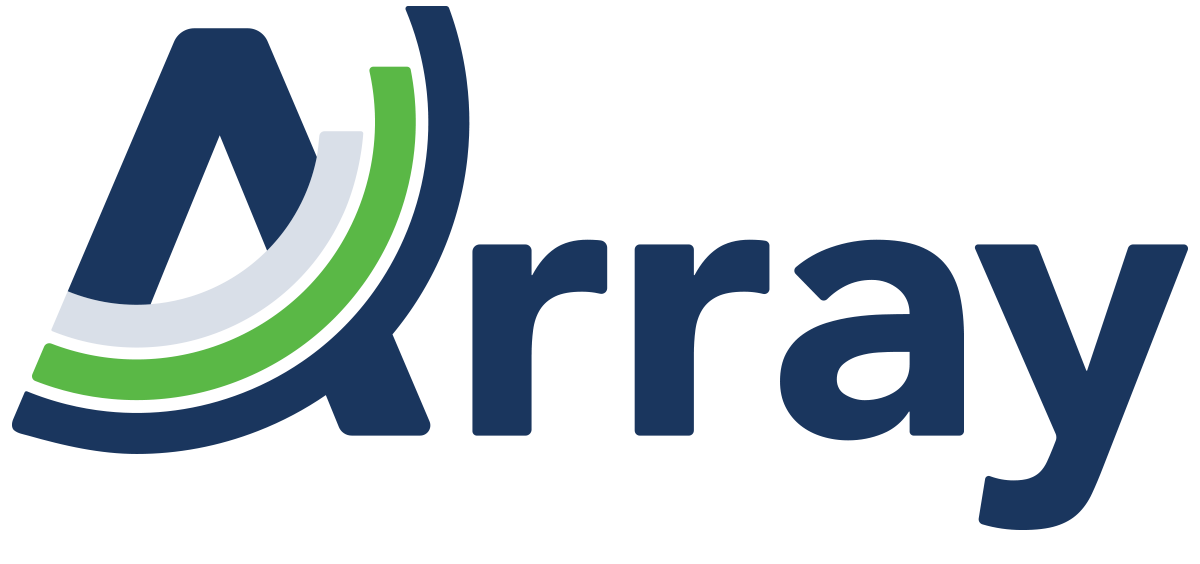Every week, the Array team reviews the latest news and analysis about the evolving field of eDiscovery to bring you the topics and trends you need to know. This week’s blog covers the week of January 8-14. Here’s what’s happening.
State of eDiscovery Report
Doug Austin at eDiscovery Today released his annual State of the Industry Report, and while it covered hot topics such as large language models, generative AI, mobile data, and collaboration apps, respondents were also asked about what the industry isn’t talking about enough.
The full report is available by signing up for the eDiscovery Today newsletter, and here are some highlights:
- Nearly two-thirds of respondents (63.7%) said they’ve tried the free version of ChatGPT and nearly three-quarters (73.2%) expect generative AI and LLMs to create new eDiscovery workflows this year. And nearly one in three respondents (30.1%) use predictive coding in all or most of their eDiscovery cases.
- As for ESI in mobile devices and collaboration apps, 40.2% said they discover mobile devices in at least most of their cases and 37.9% said the same about collaboration app data.
- The biggest eDiscovery challenge not being talked about enough? A little more than a quarter of respondents (27.9%) said it’s the lack of eDiscovery competence within the legal profession. The next most popular answer: 14% said in-place indexing and the move to the left of the EDRM model.
The uptick in the use of predictive coding as compared to past years makes sense as the technology becomes more widely adopted and evolves into its next phase. An eDiscovery partner, like Array, can help guide case teams in using this technology to augment their next project.
A guide to eDiscovery acronyms
Since we just mentioned eDiscovery competence, do you know all of the industry abbreviations and acronyms? This article on the ACEDS blog runs down some common and less common usages, from ALSPs to DMS to OCRs to SQLs.
Interview with the Hon. Xavier Rodriguez
The ACEDS blog also recently featured an interview with the Hon. Xavier Rodriguez, a U.S. District Court judge in the Western District of Texas. Before becoming a judge, he became interested in eDiscovery in the early 2000s when as a lawyer he unsuccessfully searched for a “smoking gun” email that he describes during the interview. He also is the author of a recent paper published by the Sedona Conference: “Artificial Intelligence (AI) and the Practice of Law.” His paper is a broad overview of the AI legal landscape. It highlights how AI can reduce costs and improve legal services through automation but rules and ethics boundaries are needed.
One excerpt: “What remains unclear is whether AI platforms are equivalent to a nonlawyer requiring supervision, as contemplated by ABA Model Rule of Professional Conduct 5.3. It is also uncertain whether negligent reliance on AI tools can establish a violation of these rules, and whether lawyers must exercise “supervisory authority” over the AI platform, such that the lawyer must make “reasonable efforts” to ensure that the AI platform’s output is compatible with the attorney’s professional obligations.”
You can watch the entire interview here.
Other recent eDiscovery news and headlines:
- Generative AI May Be in the Spotlight, but Search Terms Still Dominate in E-Discovery (The Legal Intelligencer)
- 7 E-Discovery Predictions For 2024 And Beyond (Law360)
- Six eDiscovery Trends for 2024 (JD Supra)
- Upcoming Webinar: Important eDiscovery Case Law Decisions (EDRM and eDiscovery Today)

